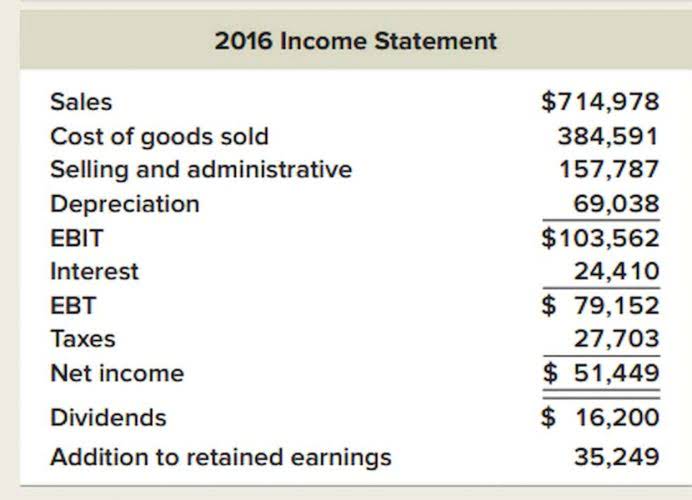
This tool is freely available and is designed to help you accurately estimate your 2025 tax return. Illinois provides a standard Personal Exemption tax deduction of $ 2,625.00 in 2024 per qualifying filer and qualifying dependent(s), this is used to reduce the amount of income that is subject to tax in 2024. Understand key aspects of Illinois tax laws, including compliance requirements, available exemptions, and important considerations for individuals and businesses. Also, you will find links to other important Illinois income tax return information and other related features (e.g. tax Bakery Accounting extension, amendment, etc.).
Business Tax Structures
1001 was adopted, further reducing the top marginal rate to 3.9 percent, retroactively effective as of January 1, 2024. Individual income taxes are a major source of state government revenue, accounting for 33 percent of state tax collections in fiscal year 2023, the latest year for which data are available. Their significance in public policy is further enhanced by individuals being actively responsible for filing What is bookkeeping their income taxes, in contrast to the indirect payment of sales and excise taxes. When calculating your Illinois income tax, keep in mind that the Illinois state income tax brackets are only applied to your adjusted gross income (AGI) after you have made any qualifying deductions. When you think about states with high taxes, Illinois may not immediately come to mind.

Illinois Income Tax Returns
- This maximum exclusion applies to homesteads valued at $95,000 or less, where the exclusion equals 40 percent of the market value.
- This is in addition to the October 2024 passage of ABX2-1, which mandated that oil refineries maintain inventory minimums.
- This policy makes Illinois one of the more retirement-friendly states in terms of tax treatment.
- The federal standard deduction for a Head of Household Filer in 2023 is $ 20,800.00.
This adjustment includes a 28.3-cent per gallon excise tax and a 3.5-cent per gallon debt service surcharge. Illinois will increase its franchise (capital stock) tax exemption from $5,000 to $10,000, effective January 1, 2025. Notably, however, Illinois had once been on track to eliminate this tax altogether, a policy that has since been paused.

Illinois: Federal FICA Rates in 2024

The rate of the tax is adjusted automatically in proportion to collections in a lookback period of the previous year relative to $15 million. Beginning January 1, 2025, the tax will increase from 0.675 percent to 1.120 percent. California SB 1059 prohibits a city or county from including excise or sales and use taxes levied on cannabis in the definition of “gross receipts” for the purposes of any local tax or fee imposed on a cannabis retailer, effective January 1. This measure is meant to eliminate this double taxation on cannabis sales. Income sources such as wages, dividends, and income from partnerships, S-corporations, and trusts must be included in taxable income.

Business tax climate
The amendment differed from the changes made in 2023 under HB 217 to include the overtime wages of salaried non-exempt employees through June 30, 2024. Wyoming voters also passed Amendment A, which creates a separate category for residential property for taxation purposes and allows the legislature to further treat owner-occupied residential property differently. Beginning January 1, 2025, illinois income tax rate SB 2 will allow school districts to request more state funding if their budgets come up short. The schools are given the money to make up for the loss of tax revenues due to limitations on tax increases on elderly and disabled homeowners.
